Our Advisory Board
Road-STEAMer has designed an Experts’ Advisory Board. The Board provides feedback on project methodologies, tools, technologies, and applications. The Board also supports the dissemination of project results through their networks.
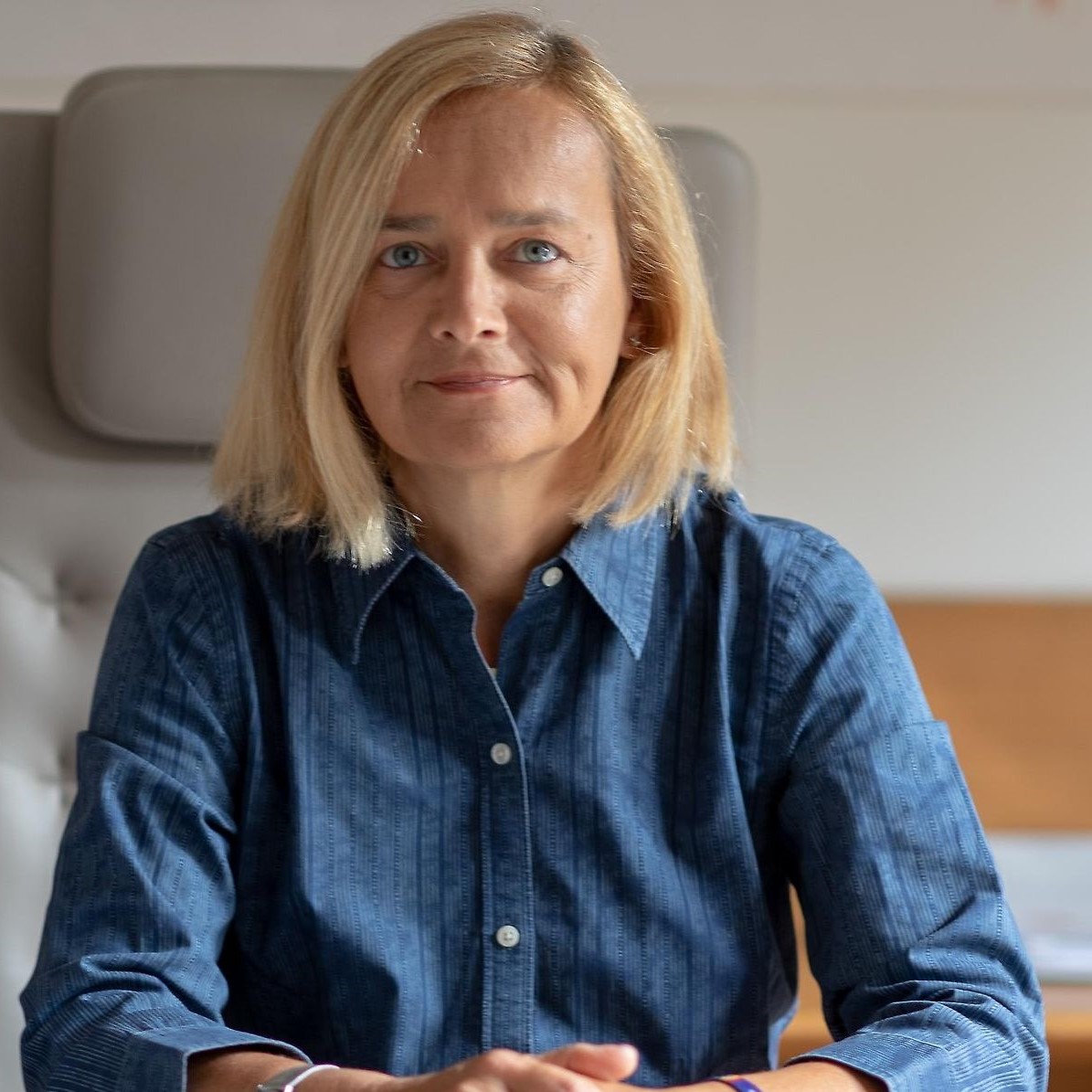
Donatella Sciuto (Politecnico di Milano)
Prof. Donatella Sciuto is full professor in Computer Engineering and since 2023, Rector of the Politecnico di Milano. Her interests include ICT services and infrastructure, didactical innovation, as well as diversity and inclusion. She has a longstanding commitment in encouraging more diversity and advancing women’s role within the Politecnico. As a rector, she is invested in ensuring that students, professionals and researchers are educated to the highest standards, and are well equipped to face huge technological and social challenges responsibly, in order to tackle social inequalities and advance towards the achievement of the sustainable development goals.
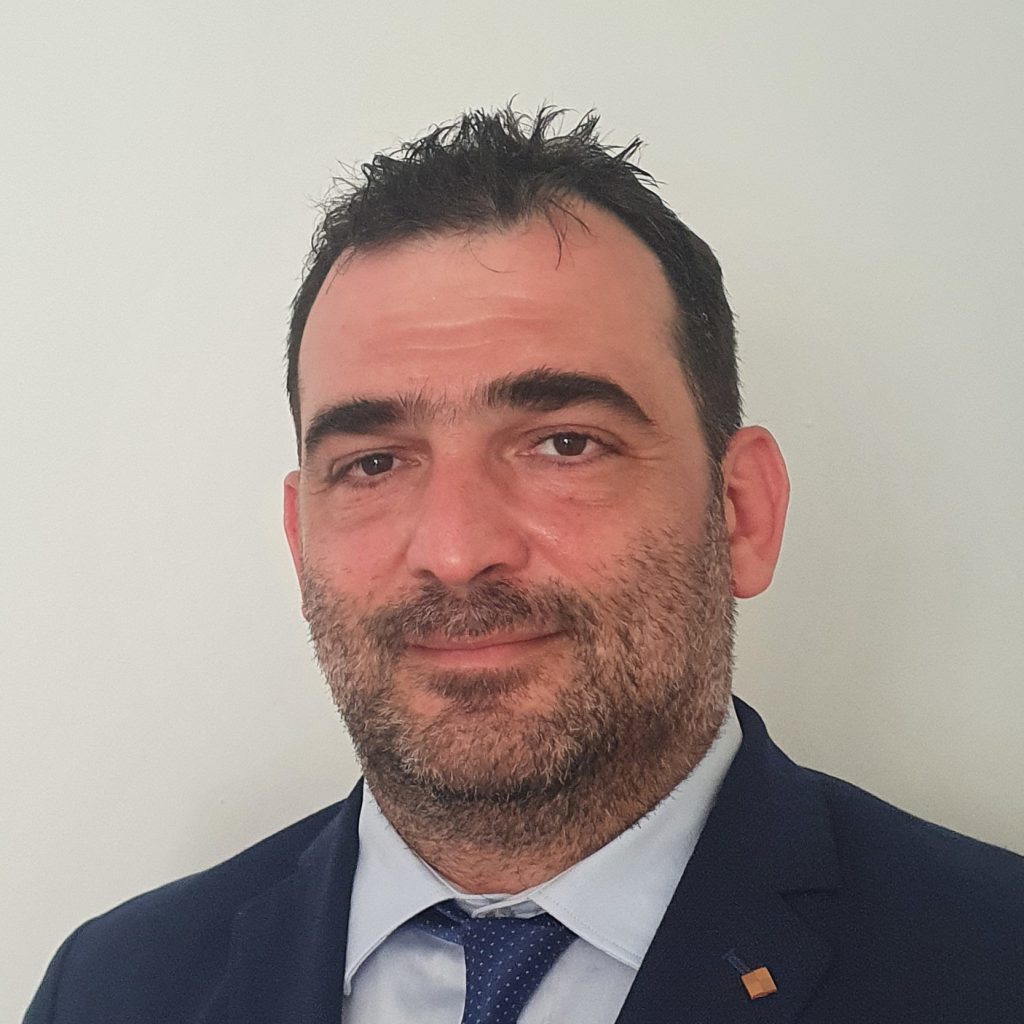
Evdokimos I. Konstantinidis (European Network of Living Labs)
Dr. Evdokimos I. Konstantinidis is the Chairperson of the European Network of Living Labs (ENoLL) and coordinator of the Health and Wellbeing Living Labs Working Group. He is currently coordinating the Research Infrastructure H2020 project, VITALISE – aiming to harmonize the procedures and ICT tools of the Health and Wellbeing Living Labs towards creating an open ecosystem for the European researchers and the RAISE Horizon Europe funded project on services for the European Open Science Cloud. He is the leader of the Assistive Technologies and Silver Science Research Group in the Medical Physics and Digital Innovation Lab, Aristotle University of Thessaloniki. He has more than 140 publications in various international peer-reviewed journals and conferences (h-index: 18, ~ 2259 citations), and he co-chaired the OLLD2019 Conference in Thessaloniki.
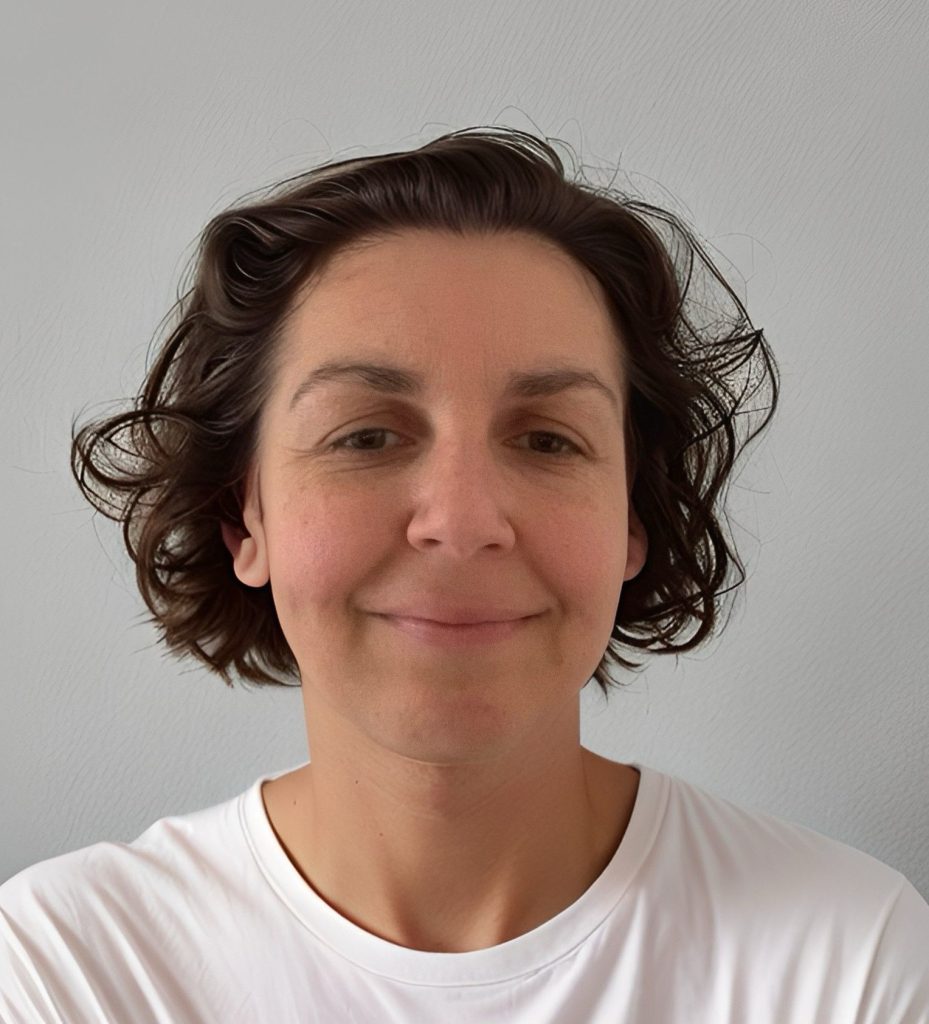
Evita Tasiopoulou (European SchoolNet)
Evita Tasiopoulou, originally an engineer, has been working for more than 15 years as a Project and Pedagogical Manager at European Schoolnet’s Science Education Department. Her role encompasses providing pedagogical support, integrating innovative learning into departmental outputs, and managing content for European projects, notably focusing on STEM education trends and curriculum development. Engaged in School Pilot activities, policy development, and teacher professional development projects, she holds a bachelor’s in computer systems engineering from the University of Kent, UK, and a Professional Certificate in Management from the Open University, UK. Of Greek descent, she also completed a certificate in Child Psychology and she is currently studying the applications of Artificial Intelligence in Education.
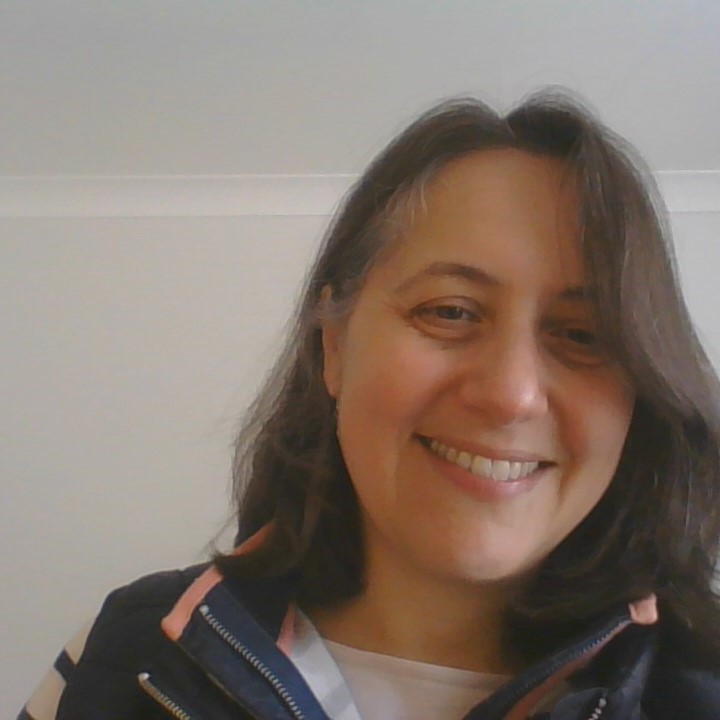
Laura Colucci-Gray (University of Edinburgh)
Dr Laura Colucci-Gray is Senior Lecturer at Moray House School of Education and Sport, University of Edinburgh. Laura’s research interests intersect philosophy of science, citizenship education and outdoor learning, with a focus on affective modalities and embodied practices that transcend the theory/practice divide at all levels in education. She has a long-standing interest in the production of scientific knowledge in society and public participation in science and technology debates. Laura has led the British Educational Research Commission on STEAM education in 2018 and she has published extensively both in science education and sustainability studies, including empirical work in citizen-science and school gardens.
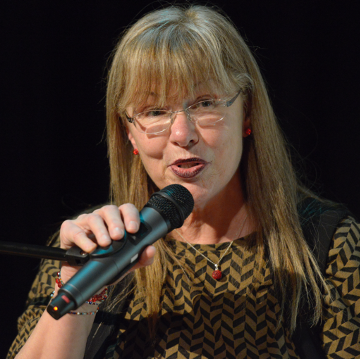
Pamela Burnard (University of Cambridge)
Pamela Burnard, Professor of Arts, Creativities, and Educations at the Faculty of Education, University of Cambridge, has authored 20 books and over 100 articles on advancing the theory and practice of multiple creativities across various education sectors, including early years, primary, secondary, and higher education throughout creative and cultural industries. She is co-editor of the journal Thinking Skills and Creativity. Recent co-edited books include ‘Why Sciences and Arts Creativities Matter’ (Brill-i-Sense, 2020), ‘Doing Rebellious Research in and Beyond the Academy’’ (Brill-i-Sense, 2022), ‘Unlocking Research: Sculpting New Creativities in Primary Education (Routledge, 2022) and ‘The Routledge Companion to Creativities in Music Education’ (Routledge, 2023). Her most recent co-authored journal article, ‘Sensing bodies: Transdisciplinary enactments for educational future making’, will be published in the Digital Culture and Education Journal (2023) shortly. Current funded projects, apart from CUMIN, include ‘Choices, Chances and Transitions around Creative Further and Higher Education’ (The Nuffield Trust) and ‘Creative Learning in Higher Education teaching of BioEconomics’ (CL4Bio) (an Erasmus with Universities of Foggia, Warsaw and Aveiro). She is a Fellow of the Royal Society of Arts (RSA), Fellow of the Chartered College of Teaching, UK, and Fellow of the International Society for the Study of Creativity and Innovation (ISSCI).
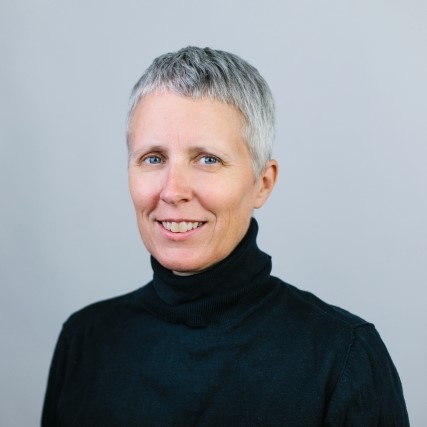
Katja Mayer (University of Vienna)
Katja Mayer was trained as a sociologist and works at the intersection of science-technology-society. She studies the interactions of social scientific method and its public. In her academic research she is currently investigating practices in Computational Social Science and Big Data. As an active member of Open Knowledge and the Open Access Network Austria OANA she promotes open access to scientific knowledge production and open policies for science and technology.